How HeavySet Accelerates Bookings + Scales Growth for Home Service Pros
We love spotlighting partners who help home services businesses capture more opportunities, fill calendars, and boost sales. For January, we’re...
4 min read
Barbara Domingues : Updated on October 31, 2019
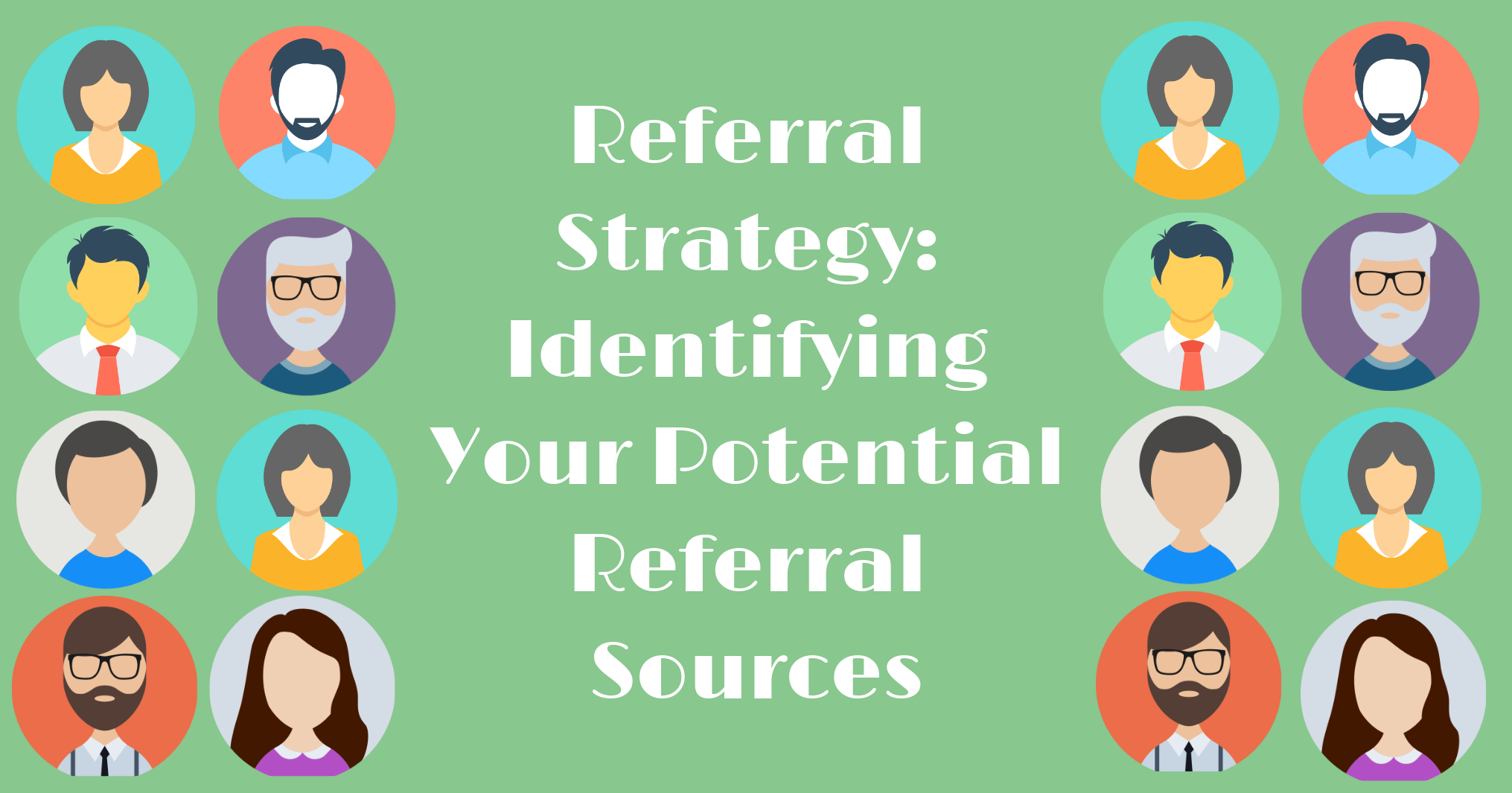
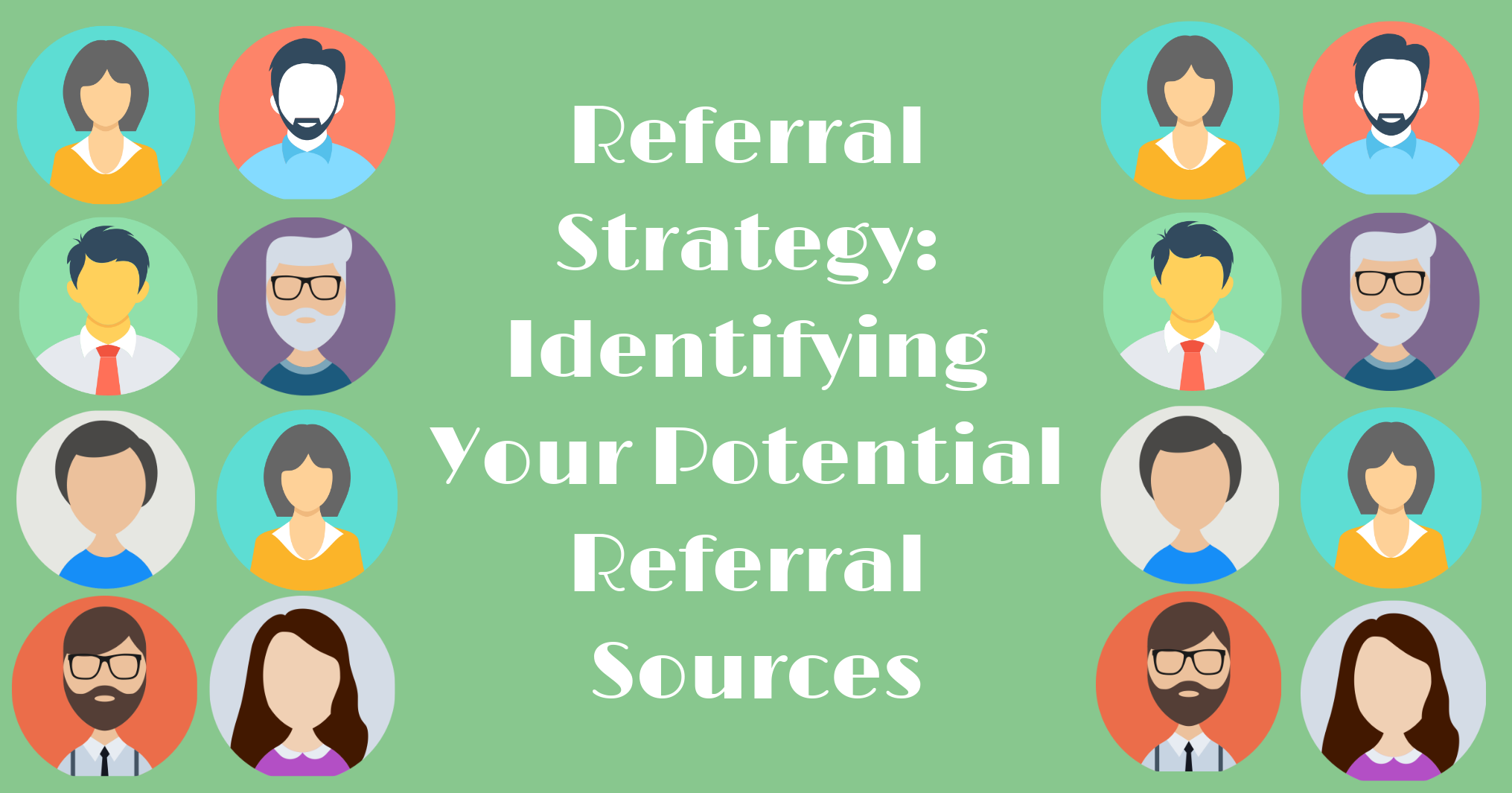 First of all, what are they?
First of all, what are they?Referrals are among the most valuable prospecting methods used by salespeople to generate new leads, and thus new clients. A sales referral takes place when an advocate provides the name and contact information of a prospect to his sales rep. A brand advocate, or referral source, is any person who elevates your brand through word-of-mouth. They share about your company to their networks in conversations, social media, email, text, etc.
The most common referral source (advocate) are your happy customers, for sure. But we want to expand this list to a whole different level. By thinking out of the box and being creative, you will notice how the power of your brand can go beyond this group through word of mouth.
These Advocates usually know everything about the company. They can combine their inside knowledge, their love for their job, and their relatable nature to becoming an excellent source of leads. But different teams will have different approaches when doing referral work for your company.
The marketing team can combine their knowledge and passion for your brand, with marketing strategies to reach out their contacts. Potential customers in the mainstream market, for example, have a different decision-making process than the customers buying durable goods, such as solar panels or cars.
On the solar market, for example, many of the potential customers you will find are searching for short and long-term financial implications of having solar panels installed. In fact, the significant increase in residential solar installations in California from 2001 to 2010 relates to the substantial subsidies offered by the California Public Utilities Commission to homeowners starting within that time frame.
These subsidies addressed the main barrier to purchasing solar panels for many homeowners cost. Knowing these details about the target audience and the market will help your team develop marketing strategies that address the most common barriers to a purchasing decision and generate more leads.
As with any business, the quality of the leads that your sales team brings in can vary a lot. For example, cold calling by phone or in person may help generate leads for your company but the conversion rate for these types of leads will be low because you are dealing with people on different stages of the purchasing and decision-making processes.
Your sales team can also generate leads by attending trade shows and events related to the business where interested people come to learn more about the product and process.
In addition, they can develop a referral network with professionals in complementary industries. With solar market, it includes real estate agents, home builders, and companies that provide other ‘green’ products or services.
Your sales team is a good source of lead generation, but expect a wide range in the quality of the leads they provide because they interact with a variety of potential customers and referral sources.
Also, when we talk about the sales reps, advocacy is a bonus in the sales process: isn’t weird when you are trying to buy something, and the salesperson doesn’t know much about the product? Or have never used it? Or use it but doesn’t seem excited at all?
When sales reps are real advocates, they delight the customer and transfer the trust factor during the sales process, making sure that consumers will have the same positive experience they had!
If you are part of a large organization, don’t forget that Human Resources, Customer Services, Finance, and any other employee can be an advocate. By providing a healthy and professional environment, anyone will be proud and happy to become a referral for the products and services offered by the company they work for.
Charities, organizations, and other companies affiliated with your company may also influence purchasing decisions. Great and successful partnerships are fuel for advocates. To identify all of your referral sources, get input and referral ideas from the different departments inside your company. You can start by answering these 5 questions:
1. What companies have a complementary product that sells into your same target buyers?
2. Who do your target buyers interact with those partners professionally?
3. What associations do your target buyers belong to or trust?
4. Are there any purchases that typically happen in coordination with yours? If so, what are they?
5. Do you have existing resellers that would like to collaborate?
The good thing is that referrals for business partners can benefit both sides and help prospects to have a better or complete sales experience. Imagine that someone is just renewing his roofing and took into consideration installing solar panels. If the roofing sales rep refers to the solar company, surely the customer will be happy, because he now has a trustful company to contact and schedule an appointment. The solar company is close to have a new deal, due to the element of trust of this referral and the roofing company can enjoy a reward of the referral program.
They are the most professionalized group of Advocates, as they extend your reach to a broader yet more targeted audience, based on their business field and type of followers. You can approach those experts organically through your personal network, reaching them out with a partnership or even a marketing proposal. It all depends on your goal and budget if turning influencers into referrals for your business is worth it.
Finding all the referral sources of your company is the first step, but to get deals from those referrals, your company have to provide at least three things:
1. An excellent product/service, combined with a top-notch customer experience that will delight your clients, prospects, employees, etc.
2. A referral program in place, with an automated referral software capable of collecting, managing, and tracking those referrals. If possible, referral sources and sales/CRM software should integrate so your company knows exactly what to do with a referral since the moment you collect their personal information, until you close the deal and pay your Advocate.
3. An attractive reward. A Software Advice study shows that over 50% of Americans are likely to become referrals if offered a direct incentive, social recognition or access to an exclusive loyalty program.
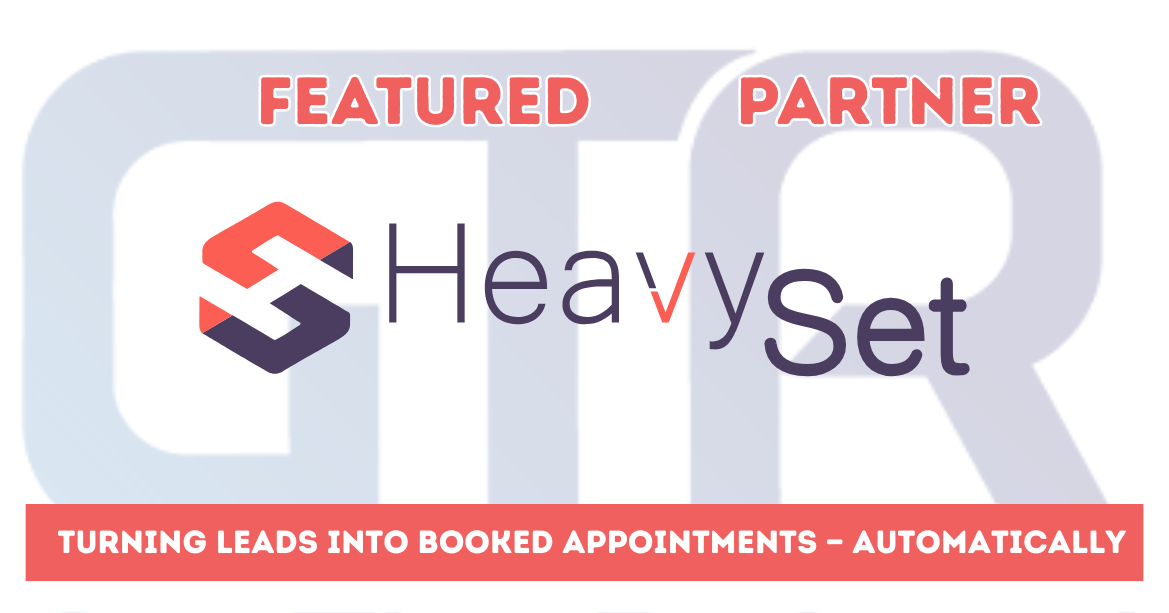
We love spotlighting partners who help home services businesses capture more opportunities, fill calendars, and boost sales. For January, we’re...

TL;DR: Roofing businesses are switching to referral software like GTR to turn customer satisfaction into a repeatable growth engine. GTR...
.png)
How to Accelerate Leads and Automate Referrals with ContractorFlow and GTR
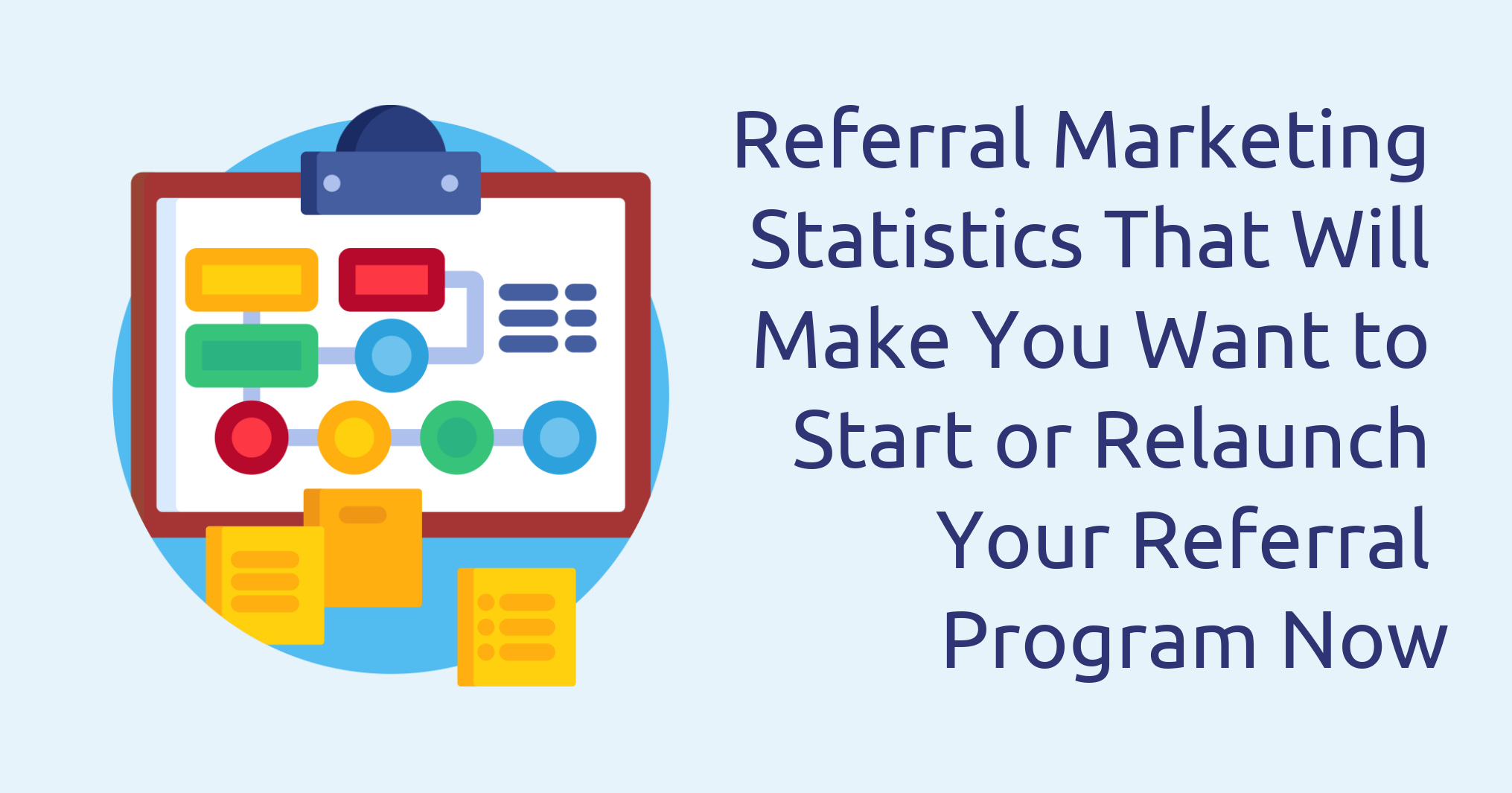
1 min read
Key Takeaways Referral marketing outperforms traditional channels because people trust recommendations from people they know. Word-of-mouth...
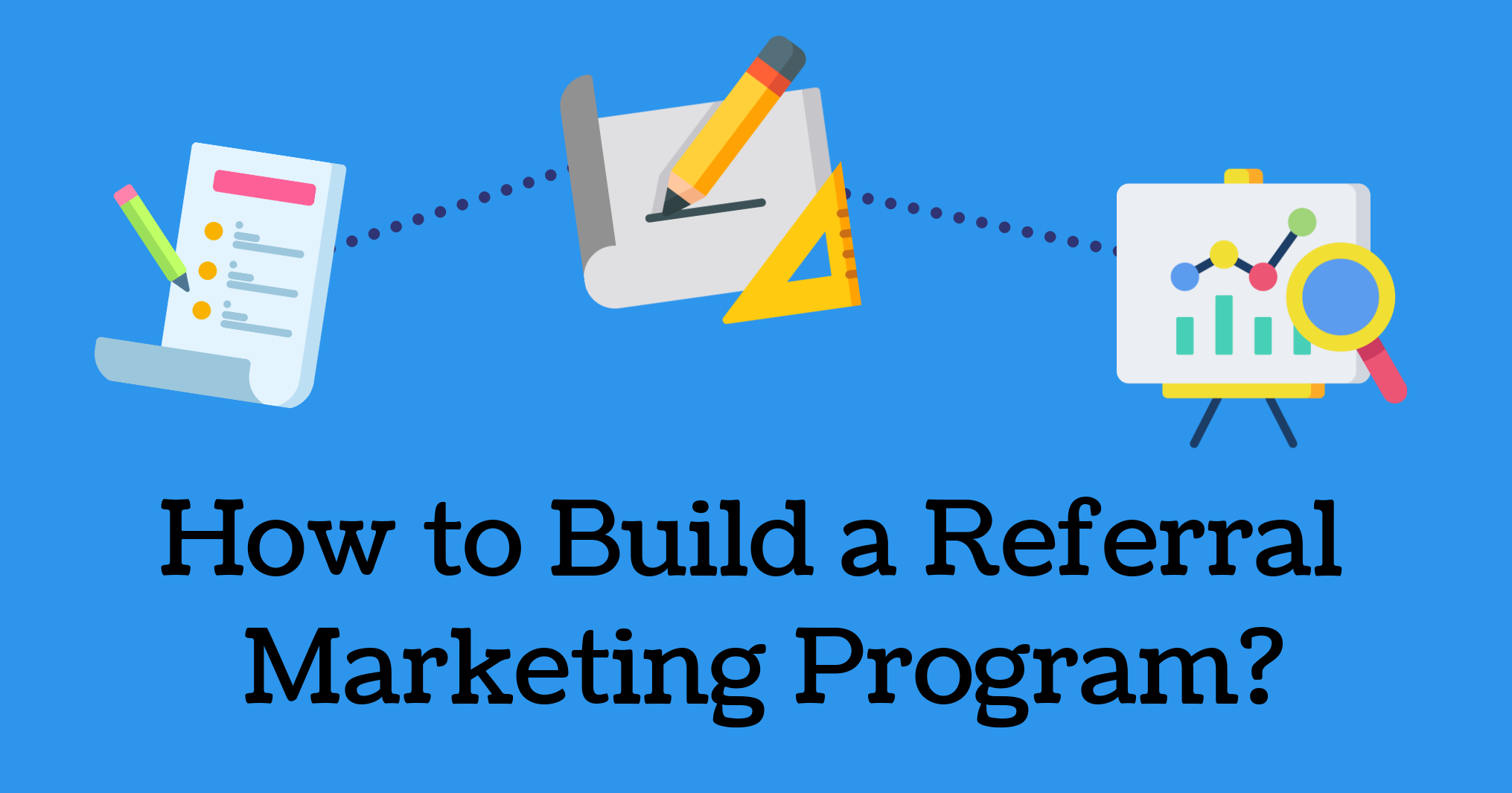
If you're looking to grow your business, retain the customers you already have, and reach your revenue goals. For that, you need to build a plan and...
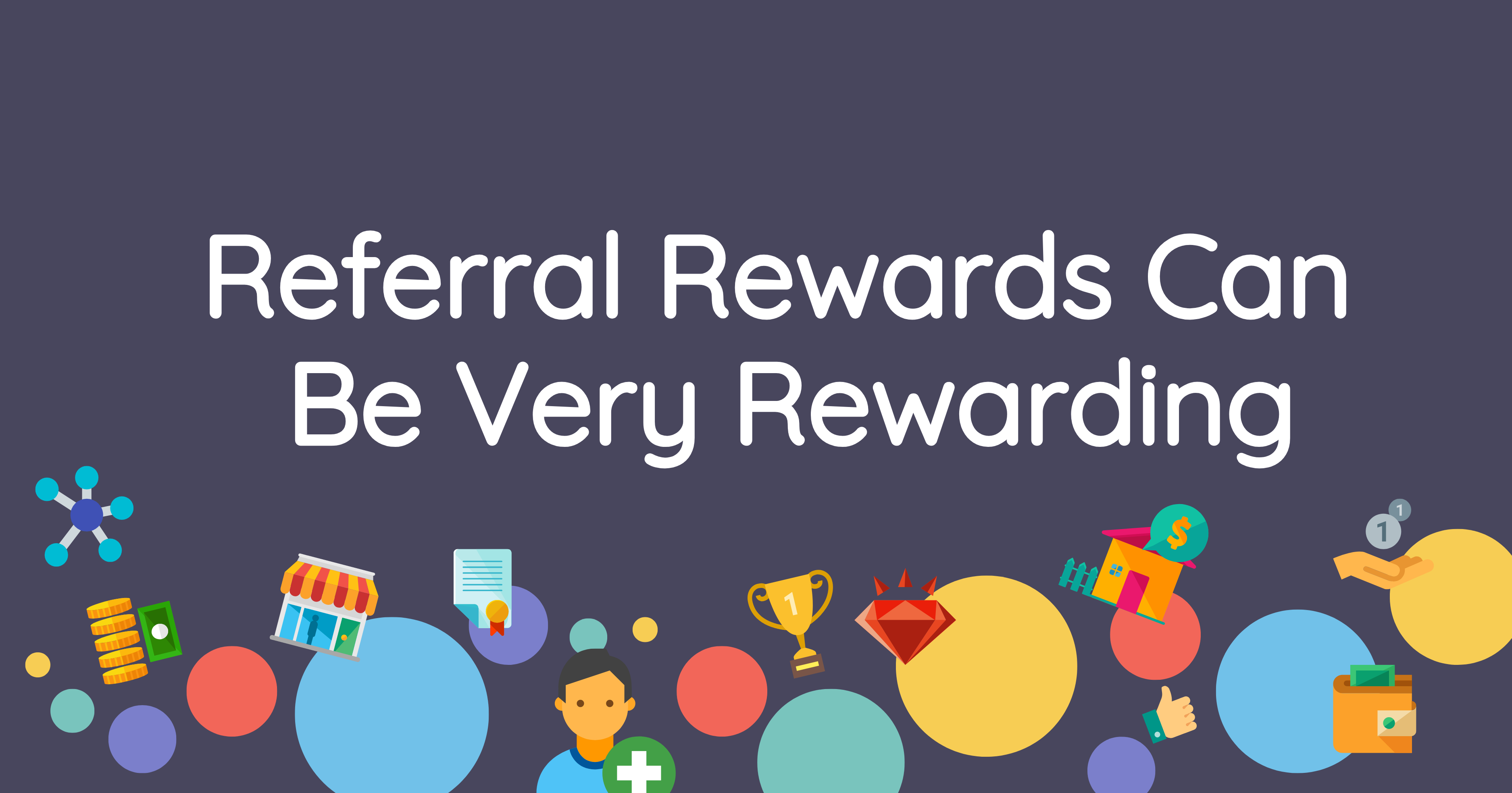
As a business, you may ask yourself why reward your customers for referrals. The simplest answer is because you stand to gain a hefty reward...